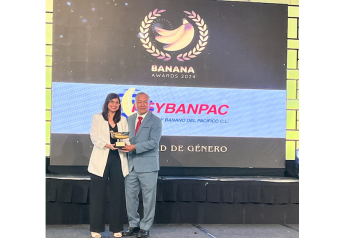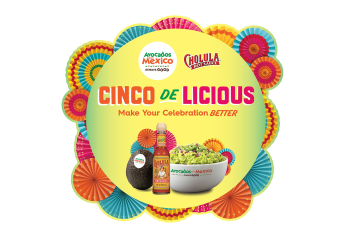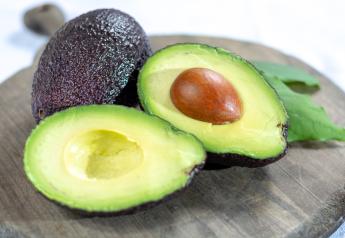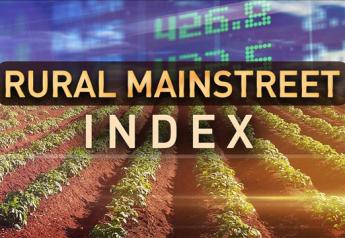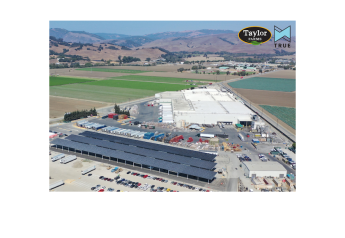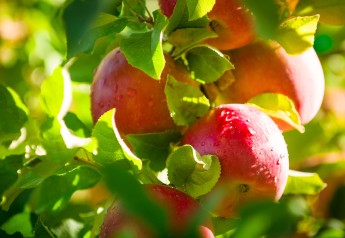Buy American executive order promises paperwork

The first thing to observe about President Biden’s Buy American executive order is its length. At 2,400 words, the executive order is more like a short story.
If the executive order is 2,400 words, the accompanying regulations will be 240,000 words, or 2.4 million words.
The trade-off of any proclamation or regulation is cost versus benefit.
Is the cost of this “Buy American” executive order going to bring benefits to growers and other U.S. producers that will overshadow the cost in man-hours, the decrease in bureaucratic productivity and higher commodity costs?
How many trees will die in support of creating the exceptions to the rule, the justifications to buy imported goods?
I think nearly all Americans support the notion of buying American as a priority.
But how will it work?
Considering fresh produce alone, the complexities are considerable in sourcing for federal nutrition programs.
There are already “Buy American” preferences built into school lunch commodity purchases. How the latest Biden executive order could strengthen or enhance those preferences is a bit murky to me.
Obviously, getting the exemption to buy imported bananas hasn’t been/won’t be a problem, since there are no U.S.-produced bananas to speak of.
Consider the fact that the import share of domestic fruit demand has risen from about 20.1% in 2000 to 42.8% in 2018 — and that’s excluding bananas!
The import share of U.S. fresh vegetable demand rose 13.3% in 2000 to 31.9% in 2019.
These import share numbers reflect the trends in the total market, where there is, practically speaking, not much of a “buy American” mentality among chain store buyers.
Will stronger regulatory language and more bureaucratic hoops make “Buy American” more effective?
I don’t know the current percentage of imported produce that the U.S. Department of Agriculture buys for its school lunch program needs, but it is probably much less than 31.3% import share for vegetables and the 42.8% import share for fruit (again, excluding bananas).
Perhaps a better approach than new requirements would be to mandate a five-year freeze on the percentage of import purchases for the school lunch program and other USDA purchases at 2019 levels.
For example, as long as the USDA’s school lunch program and/or other feeding programs did not exceed their 2019 percentage of import purchases through 2025, school officials would not have to generate any paperwork to support purchases of imported asparagus in January, for example.
An incentive could be built in that could reward state and local officials for increased purchases of U.S. grown produce. If they increase U.S. sourcing of fresh fruits and vegetables (and other commodities), their funding levels could be increased in the following year.
I guess I am not getting away from paperwork after all.
Still, making sure that the biggest share of commodity dollars goes to U.S. growers while minimizing the empty costs of compliance and paperwork should be the overarching aim.


